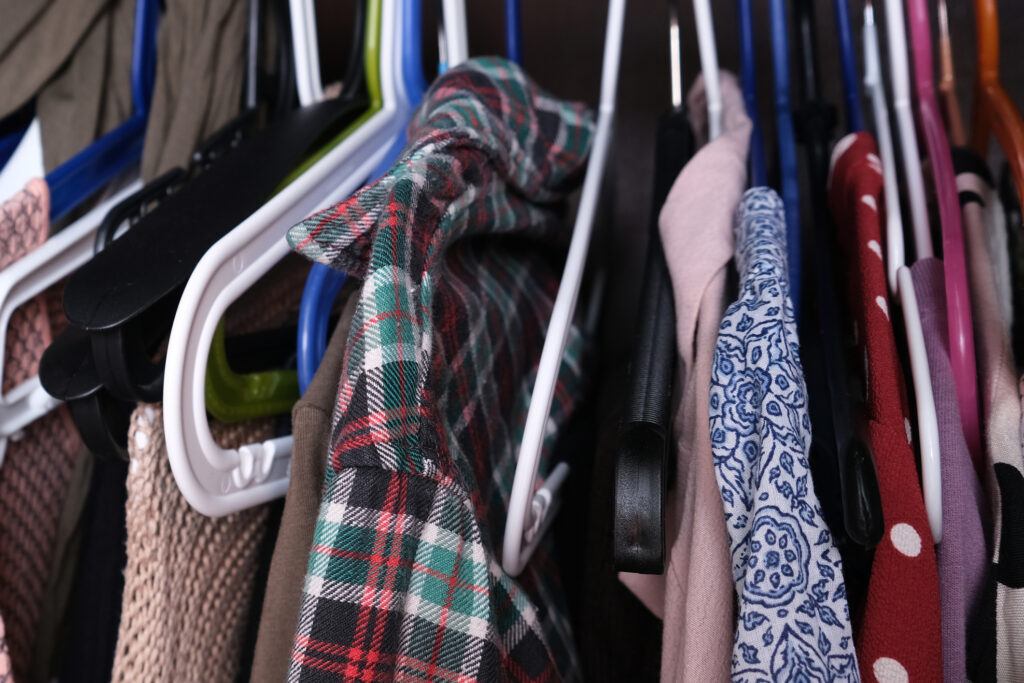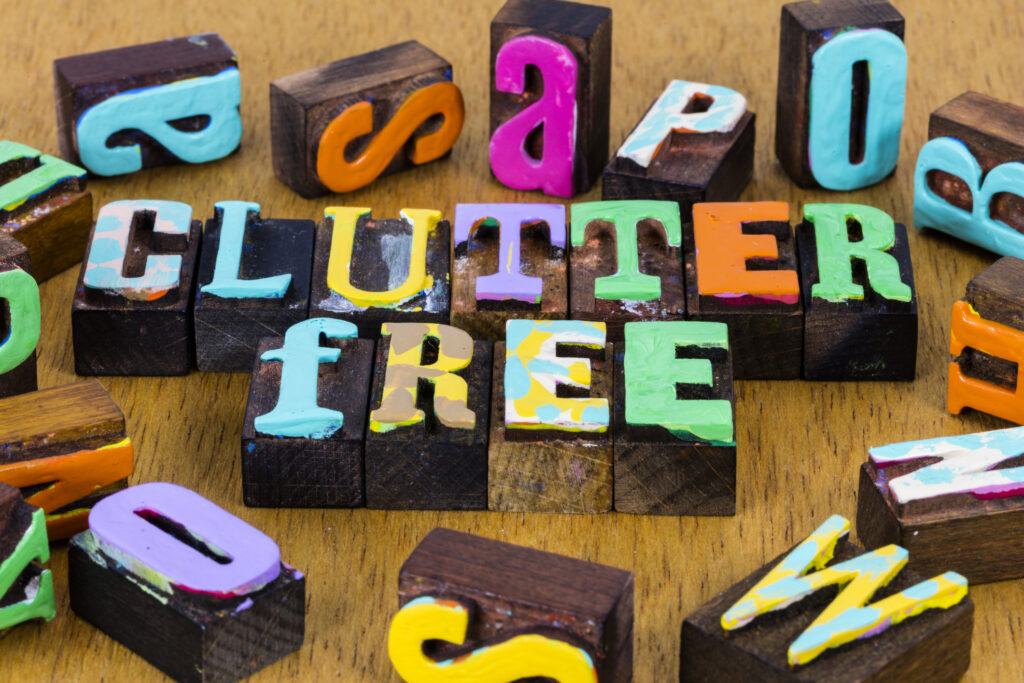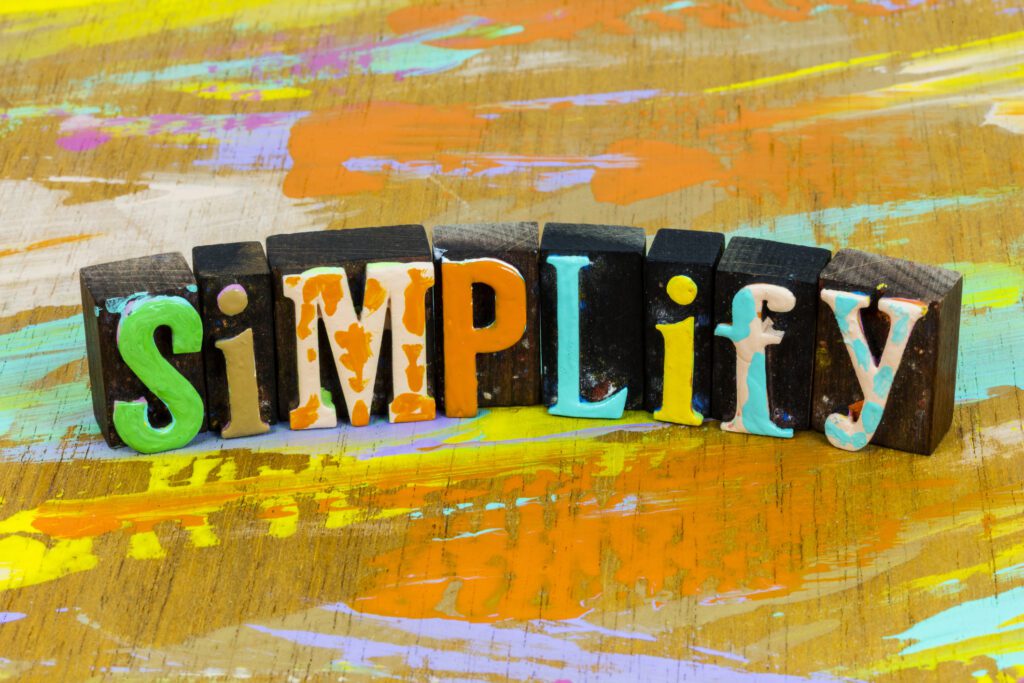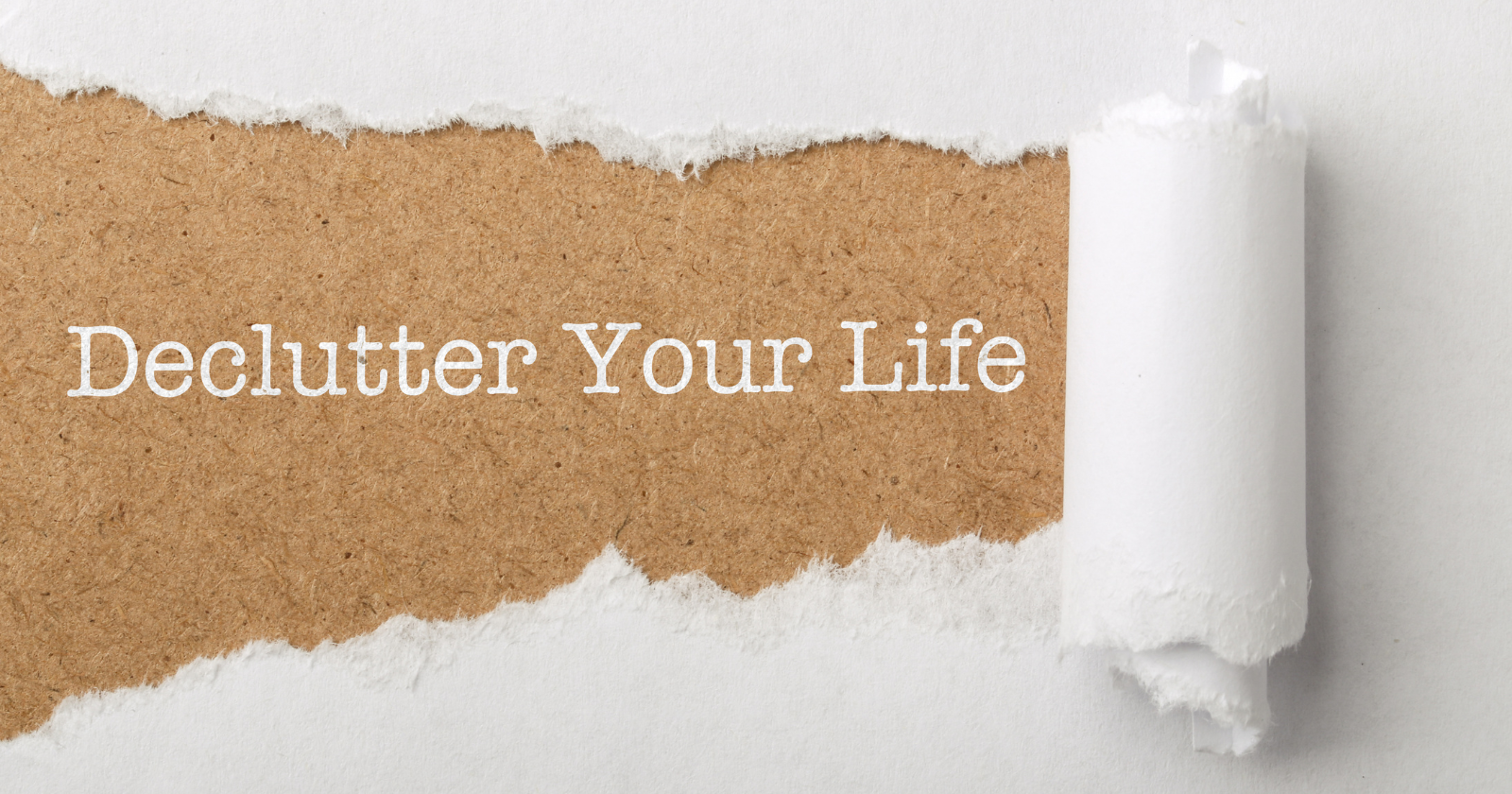Are you a senior citizen who’s feeling overwhelmed by the amount of stuff in your home? If so, don’t worry–you’re not alone. Decluttering Tips For Seniors can be a daunting task for anyone, but it can be especially tricky for seniors who may have difficulty getting around or lifting heavy objects. That’s why we’ve put together this list of tips to help make the process a little easier. Keep reading to learn more!
1. Decluttering Tips For Seniors-Start with One Room
The entire process of decluttering for seniors can be overwhelming, but it’s only necessary to go through the rooms one at a time. Start with an area that needs organization and clean up will happen in no time! You could help your senior loved one’s get started by focusing their efforts on clutter areas like bedrooms or living spaces where they collect more items than others might think necessary.
Another great way to keep your aging loved ones busy and engaged is by having them de-clutter one room at a time. For example, if you have an elderly mom living with you who loves collecting clutter as much as she does anything else, then start in her bedroom!
It may seem overwhelming when thinking about going through the entire house but focus on just cleaning out some of those pesky drawers or shelves which always seem to arise from nowhere – yes even under beds can contain too many things we don’t want seen (or used) again…

2. Decluttering Tips For Seniors-Make piles Keep, Throw Out, Donate
If you are a senior looking to de-clutter your home, then there is no better time than now. As we age our sense of smell becomes less acute so it can be hard for us when deciding what items should go into which piles! Make life easy on yourself and just make three different groups – keep (anything that might come in handy later), throw away/donate-or recycle if possible… and maybe give those pesky “maybe” pile another thought before making up minds about things.
You Might Be Interested In This: Lightweight Upright Vacuum Cleaner
3. Decluttering Tips For Seniors Get Rid of Hazardous Items
As we age, our ability to balance can decrease. It’s important for seniors with mobility issues and spouse assist them as much as possible in this process because they may struggle.
To make sure your senior loved one de-clutters safely, start by identifying any hazardous items he or she has that need removing from the house such these fragile furniture pieces made of wood like kitchen cabinets which could cause injury when knocked over during cleanup efforts; medicine bottles containing supervisor substances dangerous if consumed accidentally by children/visitors.
Some hazardous items that should be removed or replaced in a senior’s home include:
- Old rugs
- Items on the floor
- Old or broken chairs/couches
- Power tools or equipment
- Unnecessary or unused decorations
- Old medications
- Old or expired food items
- Broken glass, pots, and bags
- Unused electronics and wires
- Broken/Unused appliances
- Anything that can not be fixed

4. Decluttering Tips For Seniors-Make a pile of “unused items” items and do a 90-day test
Never underestimate the power of a wonderful box. When you get more into decluttering, there might be items your loved one may be hesitant to throw away for sentimental reasons or because they feel that “one day” it will come back in handy! One way around this issue is by making them pile up all their old stuff right now so as soon as we start our new project together (a clean-out), these pesky doubts are gone before I even have time to think about them again…
The best way to help your loved one decide what they no longer need is by giving it back. They can either keep the item or sell off any of their old clothes that are not being used, but after 90 days, if there’s still unused items, then you know something else may be needed! You should let them buy whatever was originally desired again down the line when this process feels easier for both parties involved.
5. Decluttering Tips For Seniors-Get Rid of Duplicates
In some American homes, there’s a bunch of duplicate stuff just takes up space. And other times we buy extra things because we think about what could go wrong and want to be prepared for it – even if our loved ones already have everything they need! However, when you’re decluttering yours… don’t forget why these might exist in the first place: maybe your aging parent has an older version (or preferred) model; perhaps he/she really enjoys having two sets so one can stay at work while another comes home-
- Kitchen: Mugs, forks, knives, spoons, plates, cookware
- Desk: Scissors, stationary, pens, pencils, erasers, notebooks
- Closet: Shoes, bags, purses, hats, t-shirts
- Bathroom: Towels, washcloths, soaps
- Essentials: sewing kits, sunscreen bottles, soaps
6. Decluttering Tips For Seniors-Organize Everything Where it Should Be
If you want to help your aging parents find things they need and forgettable, it’s important that everything has its place. This means putting kitchenware in the correct spot so no one gets lost while looking for their dinner knives or sets of dishes; books should go on shelves according to genre (fiction up front) if there are multiple levels throughout your home); remote controls stay near TVs because who wants them far away?
Findings from a recent study show that misplacing items can cause the house to become cluttered and make your loved one forget where things go. This eventually leads areas in their home accumulate objects, which will be sorted later on when they have time or may never get collected at all due lack of interest by parents who organize these types of spaces as well-meaning gifts pile up over weeks/months with no one touching them!

7. Decluttering Tips For Seniors-Be Smart With Storage
What’s in Your Room? It might be time to organize your space! Seniors who are going through their homes will want to make sure the items they need are where it belongs as well neat. There is over one way you can do this though, like using labeled containers or putting away clothes according to season.
One tip I have heard from many people when organizing rooms at home-organizing by type (operation), such as kitchen pantry if there was ever any doubt about whether an item lived somewhere else other than right here
- Using baskets or bins is a great way to store like items, such as television remotes and soaps for the bathroom. They can easily store baskets on shelves in closets or underneath flat surfaces like kitchen counters! This will allow seniors with poor eyesight an easier time finding what they’re looking for because it’s all right there at their fingertips – literally (heck yeah!).
- Create a place for incoming items.Your loved one will sort through their incoming items, including mail and packages. This is very important for preventing clutter from spreading around the home! Make sure that you have a designated space in your house where these things can go when they come into contact with family members or outsiders who might want them too—it’ll keep everything tidy at least until someone else starts gathering more stuff than us old folks do already…
- Organize Closets. You know your aging parents are getting older when they forget the names of people and places. It’s time for you, their son or daughter (or even grandchild), to take on that responsibility by helping them organize closets with hangers, so everything has its place again! You can get rid of old clothing in favor of something new if needed; just remember not to overdo it because then there wouldn’t be any room left inside these spacious suites after all-you’re only human .
Decluttering Tips For Seniors-Trust Your Gut
The decluttering process can be difficult, but as you go through your items and decide what to keep or get rid of–trust yourself. If an item doesn’t seem like something that would benefit from being kept in one way or another, then let it go! Listen closely when this voice speaks up about things not wanted anymore because usually there’s an initial reaction telling us if they should stay home after all…
What is the 20/20 rule for decluttering?
When struggling to make decluttering decisions, the 20/20 rule says you should consider letting go of an item if: You can replace it for less than $20. And you can replace it in less than 20 minutes.
Which room should I declutter first?
“If you don’t know where to start, we recommend decluttering room-by-room! Start with the most high-traffic area in your home – probably the kitchen or family room – and go through the decluttering process of deciding what to keep, toss or donate.
Conclusion-Help A Senior Organize Today!
Thanks for following our tips on decluttering for seniors. We hope you found them helpful! If you have any questions or comments, please leave them below and we’ll be happy to answer them. And don’t forget to share this post with your friends and family–they might find it useful, too!

